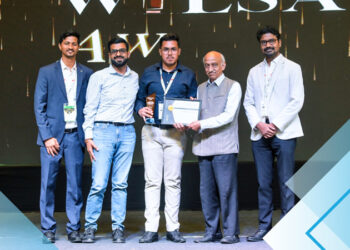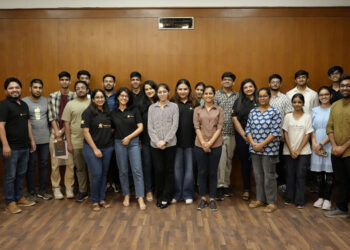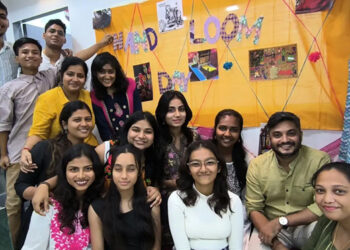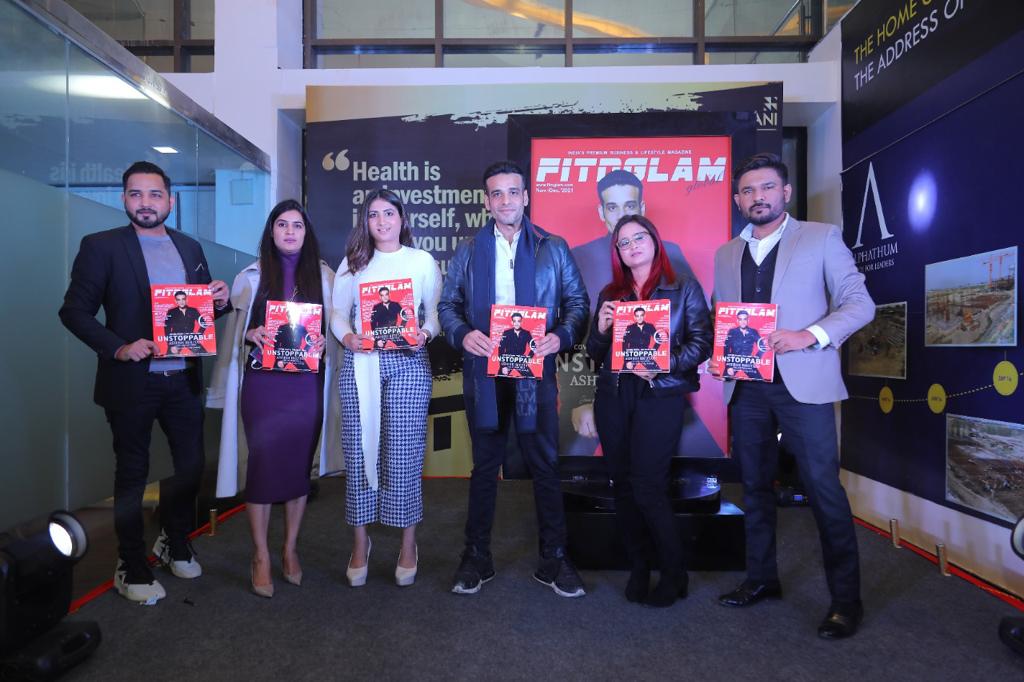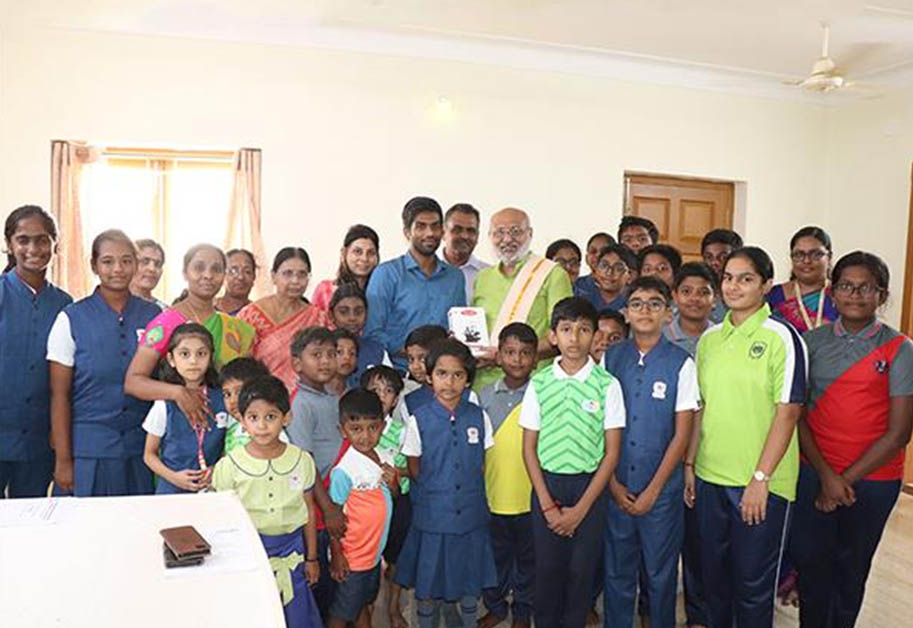New Delhi, Dec 21: Six Indian students have made the country proud. They pushed team India to the top of the medals table at the 18th International Junior Science Olympiad (IJSO) 2021, held in Dubai, UAE, from 13 to 20 December.
All the six students participating in the contest from India – Animesh Pradhan, Rajdeep Mishra, VedLahoti, HarshinPosina, and DeveshBhayia bagged gold medals.
This year, due to the prevailing pandemic, the IJSO was converted to a virtual competition where students could participate from their own countries. There were 324 students from 70 countries.
India shared the top place in the medal tally with Chinese Taipei and Russia. In all, 31 gold medals were awarded this year. This is the third occasion, after 2014 and 2019, that India has achieved a full cache of gold medals in IJSO. Since no event was held in 2020, this is the second successive year of such a wonderful performance. Animesh Pradhan received full marks in the MCQ examination. Chinese Taipei also bagged the awards for best overall individual performance and the best team (highest aggregate marks).
The students took the exams for the contest at the Homi Bhabha Centre for Science Education of the Tata Institute of Fundamental Research (HBCSE) under thorough and continuous video supervision by the organisers. The exams included experiments, the kits for which were sent by the host country. The students received brief training at HBCSE just before the competition, mainly in the experimental component. The junior science olympiads are basically for school students and it covers three science subjects – physics, chemistry, and biology.
The Indian team was led by Prof. Abhijit Chavan (S. P. College, Pune), Dr Anuttama Kulkarni (HBCSE-TIFR, Mumbai), and Ms SaurabheeHuli (JamnabaiNarsee International School, Mumbai). There were three Scientific Observers: Prof.AniketSule (HBCSE-TIFR, Mumbai), Prof Hemant Khanolkar (Fr. Conceicao Rodrigues College of Engineering, Mumbai) and Ms Shamali D. Khalatkar (MathuradasMohota College of Science, Nagpur). (India Science Wire)






